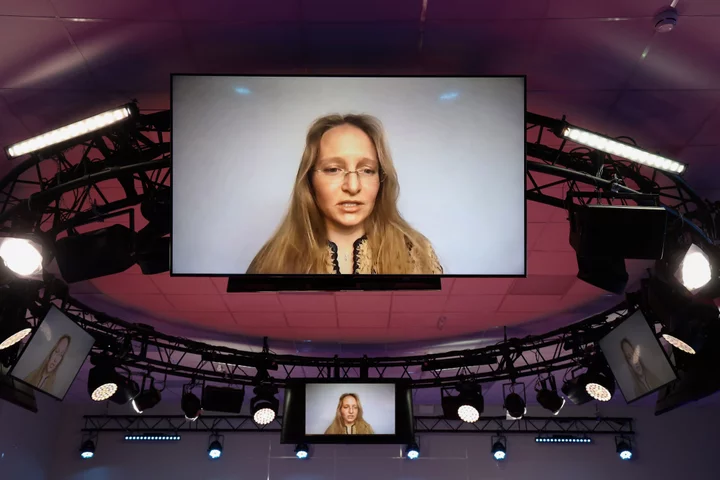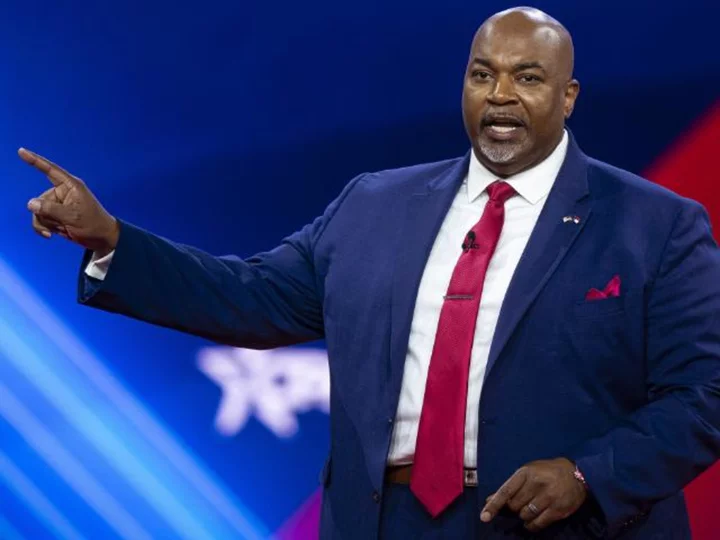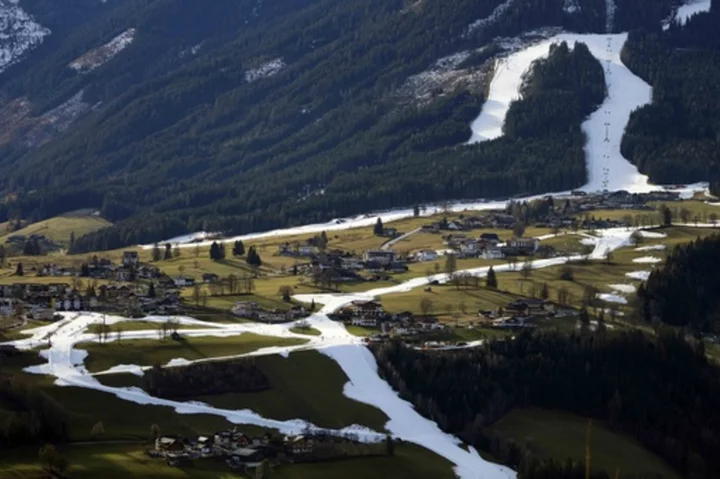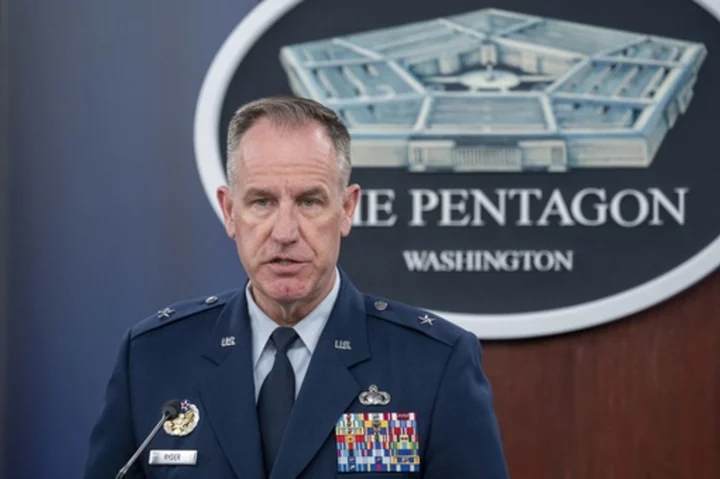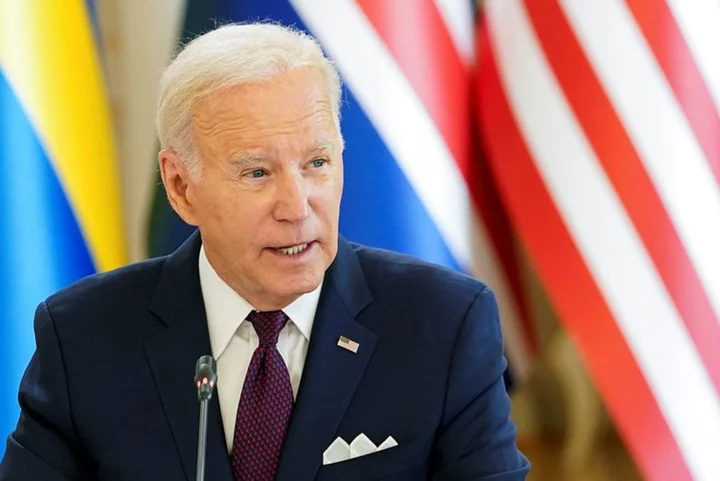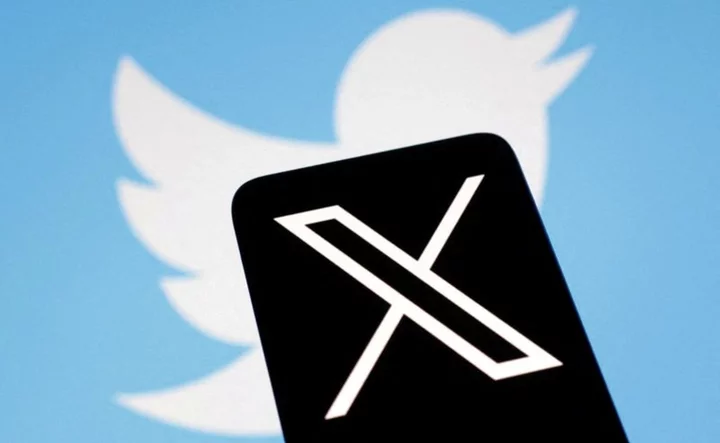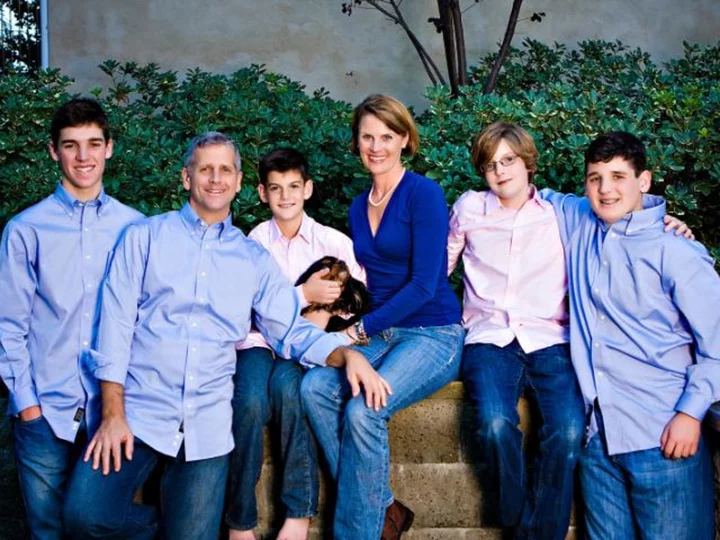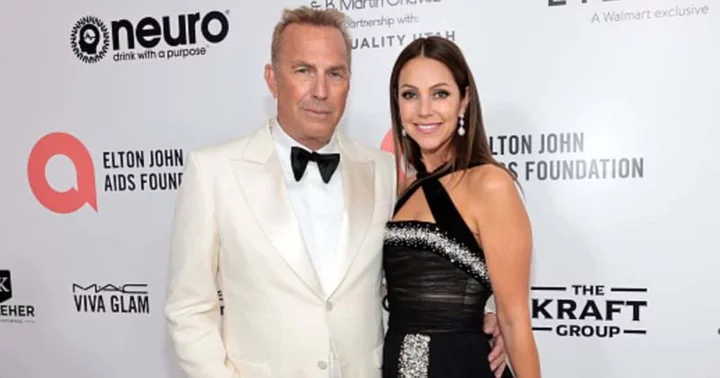Russia is stepping up its pursuit of closer ties with Africa by offering digital expertise in a strategy backed by President Vladimir Putin’s younger daughter.
Officials from around three dozen African countries have been invited to Moscow next month to meet with Russian IT specialists and investors pitching digital services aimed at improving governance.
The project is supported by the Innopraktika center, which is affiliated with the National Intellectual Development Foundation, where Putin’s younger daughter Katerina Tikhonova is the general director.
Putin is expanding his outreach to Africa as the Kremlin seeks closer ties with countries of the global South to counter the impact of US and European sanctions over Russia’s war in Ukraine. By promoting its digital expertise in areas ranging from cybersecurity to public services and electronic voting, Russia may gain an advantage in the competition with China, the US and the European Union for influence on the continent.
Organizers of the project declined to comment. The gathering of African officials in Russia is part of an outreach project called the “e-Governance Knowledge Sharing Programme” that the foundation launched in July together with Moscow’s Higher School of Economics.
Putin closely guards the privacy of Tikhonova, 37, and her elder sister Maria Vorontsova, a 38-year-old endocrinologist, and hasn’t publicly acknowledged that they are his daughters. At his annual press conference in 2015, he told reporters: “I have never been specific about my daughters’ workplaces and their line of work.”
The US, the European Union and the UK sanctioned both women in April last year over Putin’s war in Ukraine. The US Treasury said Tikhonova’s work supported Russia’s defense industry while Vorontsova “leads state-funded programs that have received billions of dollars from the Kremlin toward genetics research and are personally overseen by Putin.”
Read more: The Business Lives of Putin’s Daughters, Who Now Face Sanctions
Heads of many of Russia’s most powerful state companies with close ties to Putin sit on Innopraktika’s board of trustees, including Rosneft CEO Igor Sechin, VTB Bank chief Andrey Kostin, Gazprom chief executive Alexey Miller and arms conglomerate Rostec’s general director, Sergei Chemezov. The company describes itself as “a mediator for representatives of science, business, education and government” on its website.
Russia “lost a lot of time” in Africa and must catch up in developing relations, Deputy Foreign Minister Mikhail Bogdanov said Tuesday at a discussion on relations with the continent at the annual Primakov Readings forum in Moscow. “We need to act faster, more energetically and more effectively.”
Improving the digital expertise of African officials will be a “win-win” for both sides, Innopraktika executive Anastasia Pavlenko told a panel at the Russia-Africa forum hosted by Putin in St. Petersburg in July. “Creating independent systems of an electronic state will allow African countries to strengthen their sovereignty.”
Russian Wagner group mercenaries deployed in a number of African states in recent years have helped the Kremlin restore some of its Soviet-era influence in the resource-rich region that was lost after the Cold War.
Russia also began shipments this week to deliver 200,000 tons of free grain to six African countries by the end of the year. While that’s a tiny fraction of what they consume, the offer made by Putin in July followed criticism that Russia’s war in Ukraine and withdrawal from a deal that facilitated Ukrainian grain exports through the Black Sea were hurting Africans by pushing up global food and fertilizer prices.
--With assistance from Thomas Hall.

